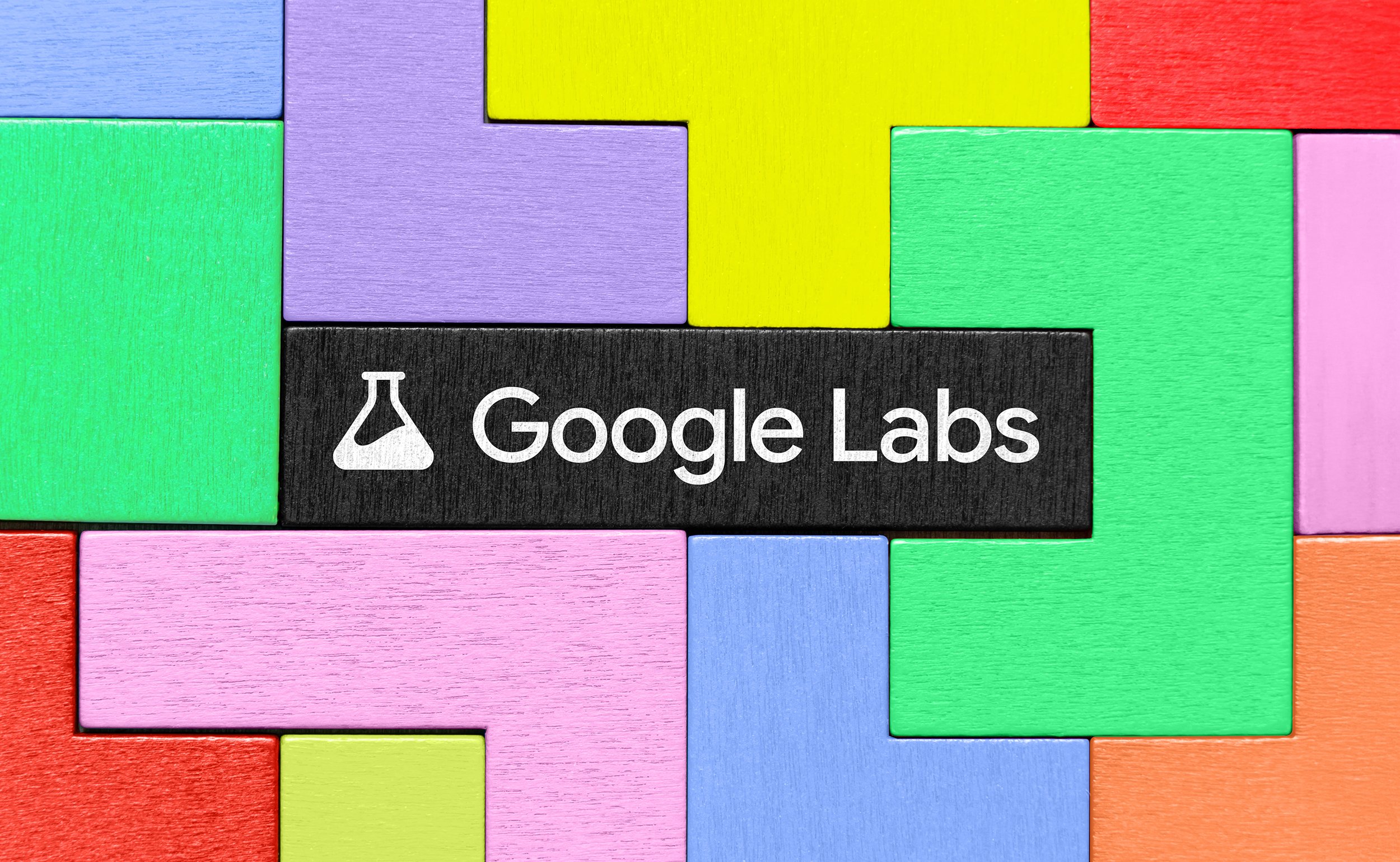
Talking to Google Just Got Real: Real-Time Voice Conversations Launched with AI Mode
Google’s search experience is evolving and taking the next step with the launch of Search Live, a new great tool that allows people to interact with search and receive answers in real-time using their voice. This tool is now available in the U.S. for iOS and Android users who have joined the AI Mode experiment through Google Labs.
The main point of this new AI feature is to make the searching process more natural for the users. It should be like a real-time voice conversation instead of just a string of typed keywords. It’s designed for users who are often on the go or need quick answers while doing other things.

16 Billion Passwords Exposed: Major Leak Hits Apple, Facebook and Google Users
The largest password leaks are now recorded. 16 billion login credentials, including usernames and passwords, have been exposed online. The leak impacts Apple, Facebook, Google accounts, and some other platforms that people use daily.
The breach, uncovered by researchers at Cybernews, is believed to be the work of multiple infostealer malware groups operating globally. Their investigation, ongoing since early this year, identified 30 separate datasets, each containing millions of stolen records. Many of these datasets were previously unknown, adding to the severity of this discovery.

Website owners fear Google’s AI search, but is this concern reasonable?
With the fast arrival of artificial intelligence, Google has integrated AI search features directly into the search engine.
This new strategy brought excitement among users, as well as among website owners and publishers. Many of them fear that Google’s new AI-powered search results may diminish traffic to their sites, impact websites’ revenue, and completely change the way people find information online.
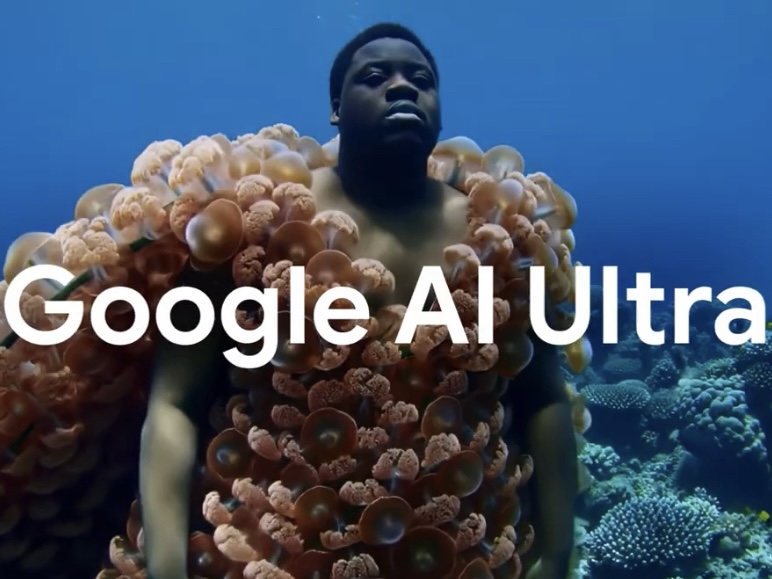
Is Google AI Ultra worth $250 a month or is the price completely tone deaf?
Google has officially launched Google AI Ultra, a high-end subscription plan that unlocks the company’s most powerful AI tools. It’s being pitched as the best way to experience everything Google AI has to offer. Sure, maybe it is, but at $249.99 per month, it’s hard not to question the timing.
Look, with inflation still hitting wallets and layoffs continuing across industries, launching a $250 monthly plan feels completely disconnected from reality. Google’s positioning it as a VIP pass for filmmakers, researchers, and creatives. But let’s be honest, folks, that’s a very steep price in today’s economy.

YouTube is turning to AI to hit you with ads at the most annoying times
Unless you can count yourself among those who have a premium subscription, using YouTube means having to endure ads. This is annoying, but it could be getting a whole lot worse.
And things are getting worse because of artificial intelligence. Google has announced Peak Points, a Gemini ai-powered feature that gives advertisers way to hit you with ads when you are most engaged with a video.
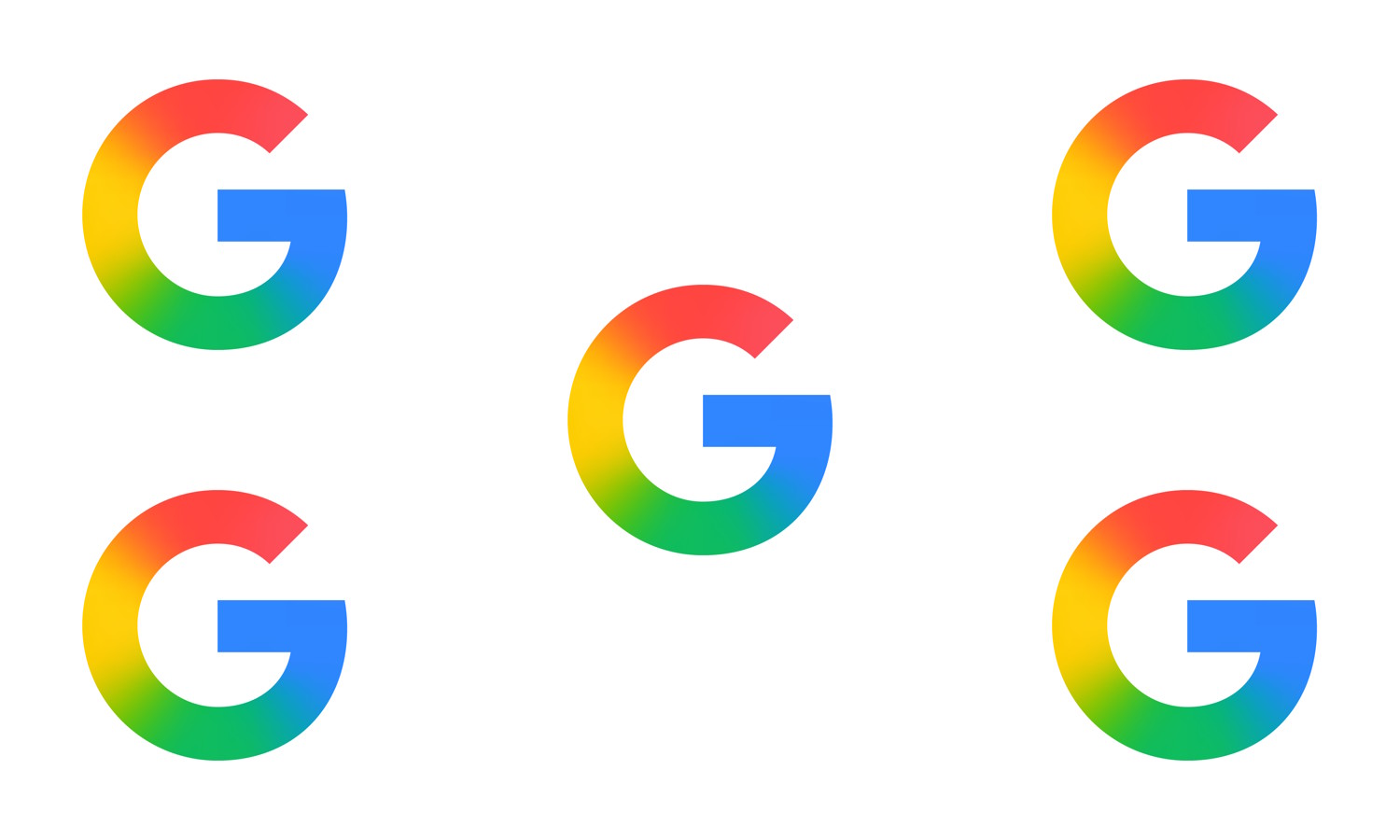
Paint the whole world with a rainbow: Google rolls out new icon design
The Google logo is iconic -- as, indeed, are its icons. Every so often, though, there is an update, a refresh… normally to great fanfare.
But this time around things are a little different. Google has very quietly rolled out a new icon for its search app and has made no fuss about it at all. All of the familiar design aspects are present, but now there is a rainbow gradient.
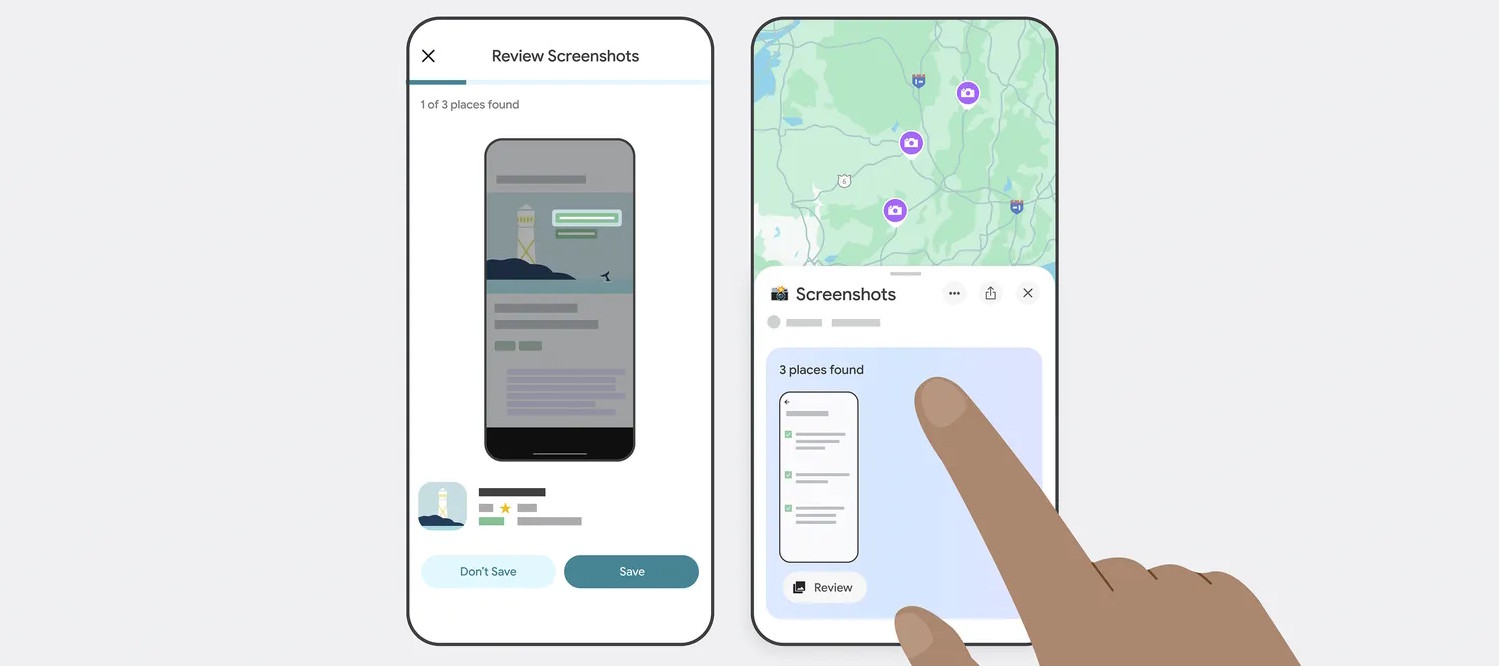
Google Maps can now use your screenshots to help you plan trips thanks to Gemini AI
Screenshotting stuff can seem like a great way to remember something for later, but captures soon get lost and forgotten. Google is looking to change this by bringing new Gemini-powered features to Google Maps.
The company thinks that it can help you to make sense of the “travel blogs, news articles or social media posts” you’ve screengrabbed while researching a trip. Turning to AI to make sense of a heap of images is Google’s solution. Here’s how it can help you.
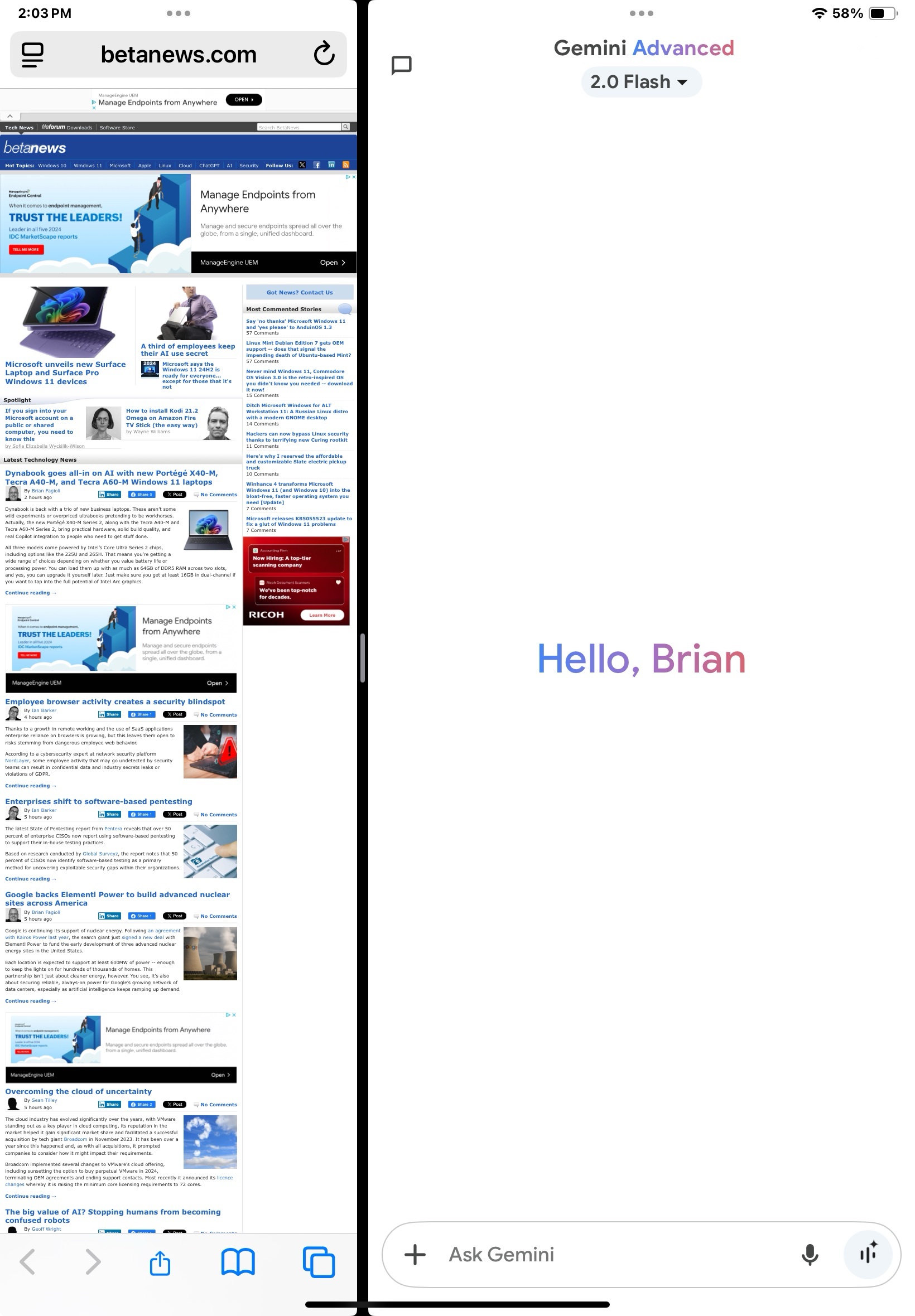
Google brings Gemini to Apple iPad
After what feels like an eternity, Google has finally brought a native Gemini app to the iPad. No more stretched-out iPhone version or clunky compatibility mode. This release is the real deal, folks -- a proper iPad app that takes full advantage of the larger display and multitasking capabilities Apple’s tablet has to offer.
Thankfully, this new Gemini experience isn’t just about a fresh coat of paint. It really improves how you use AI on a tablet. Thanks to support for Split View, you can now run Gemini side by side with other apps. That means doing research while writing, or generating code while watching a tutorial -- all without switching screens.

Google backs Elementl Power to build advanced nuclear sites across America
Google is continuing its support of nuclear energy. Following an agreement with Kairos Power last year, the search giant just signed a new deal with Elementl Power to fund the early development of three advanced nuclear energy sites in the United States.
Each location is expected to support at least 600MW of power -- enough to keep the lights on for hundreds of thousands of homes. This partnership isn’t just about cleaner energy, however. You see, it’s also about securing reliable, always-on power for Google’s growing network of data centers, especially as artificial intelligence keeps ramping up demand.
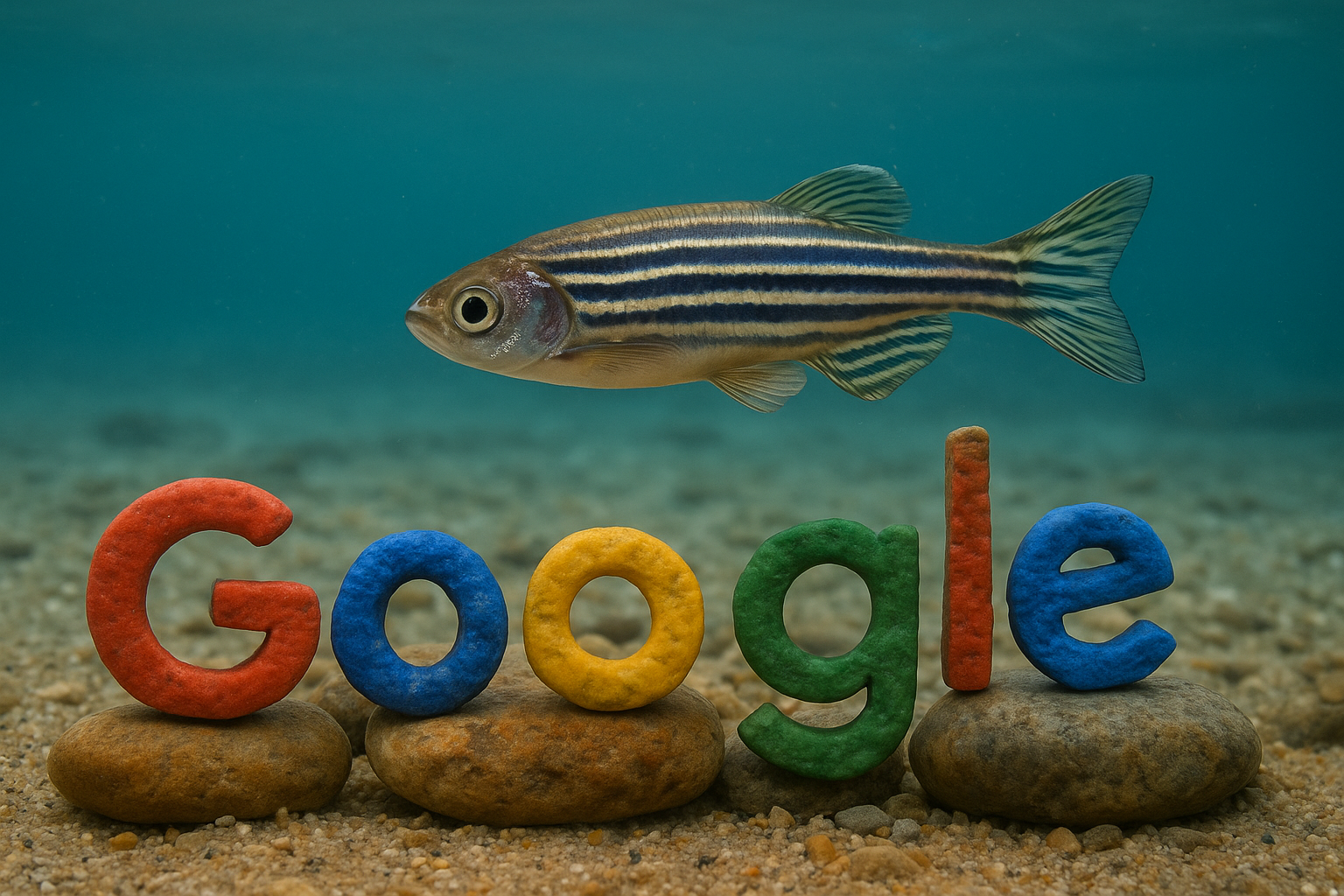
Google reveals ZAPBench to predict brain activity in zebrafish and unlock new AI-powered neuroscience research
If we are lucky, Artificial intelligence might one day help scientists understand the human brain the same way language models predict the next word in a sentence. And now, that future is closer to becoming reality thanks to a new project from Google Research, Harvard University, and HHMI Janelia. You see, these teams have introduced the Zebrafish Activity Prediction Benchmark, better known as “ZAPBench,” which could help researchers create more accurate models for predicting brain activity.
ZAPBench isn’t just another dataset, folks. Actually, this new tool is based on two hours of brain recordings from larval zebrafish, capturing how roughly 70,000 neurons fired in response to different virtual reality scenarios. These tiny fish were shown various environmental changes, including shifting light patterns and moving water currents, while researchers recorded brain activity at an impressively detailed scale.

Google warns DOJ breakup plan could destroy Android and Chrome -- plus hurt the US economy
Google is hitting back at the Department of Justice over a proposed plan that could force massive changes to how the company operates. The DOJ, which sued Google back in 2020 over search distribution practices, is now pushing for remedies that Google says go way too far -- and could end up hurting American consumers, innovation, and even national security!
In a new blog post, the search giant says the proposed changes are not only unnecessary but also dangerous. At the heart of the issue is how Google partners with phone makers and browsers to make its search engine the default. According to Google, people use its search because they want to -- not because they’re forced to. The company says blocking these deals would just make it harder for people to get to the services they prefer, with alternatives like Microsoft’s Bing being pushed on users instead.

Google has lost its ad tech monopoly trial... and Mozilla is scared
In a decision that surprised few, a judge has ruled that Google is guilty of “willfully acquiring and maintaining monopoly power” in advertising technology. Google (or its parent company, Alphabet, at least) is obviously unhappy with the ruling, but it’s not the only one.
Mozilla was one of the first companies to react to the ruling, and CEO Laura Chambers has expressed alarm about what it means for the future of its Firefox web browser. She also voices concerns about the implication of the rules for the open web and online industries.
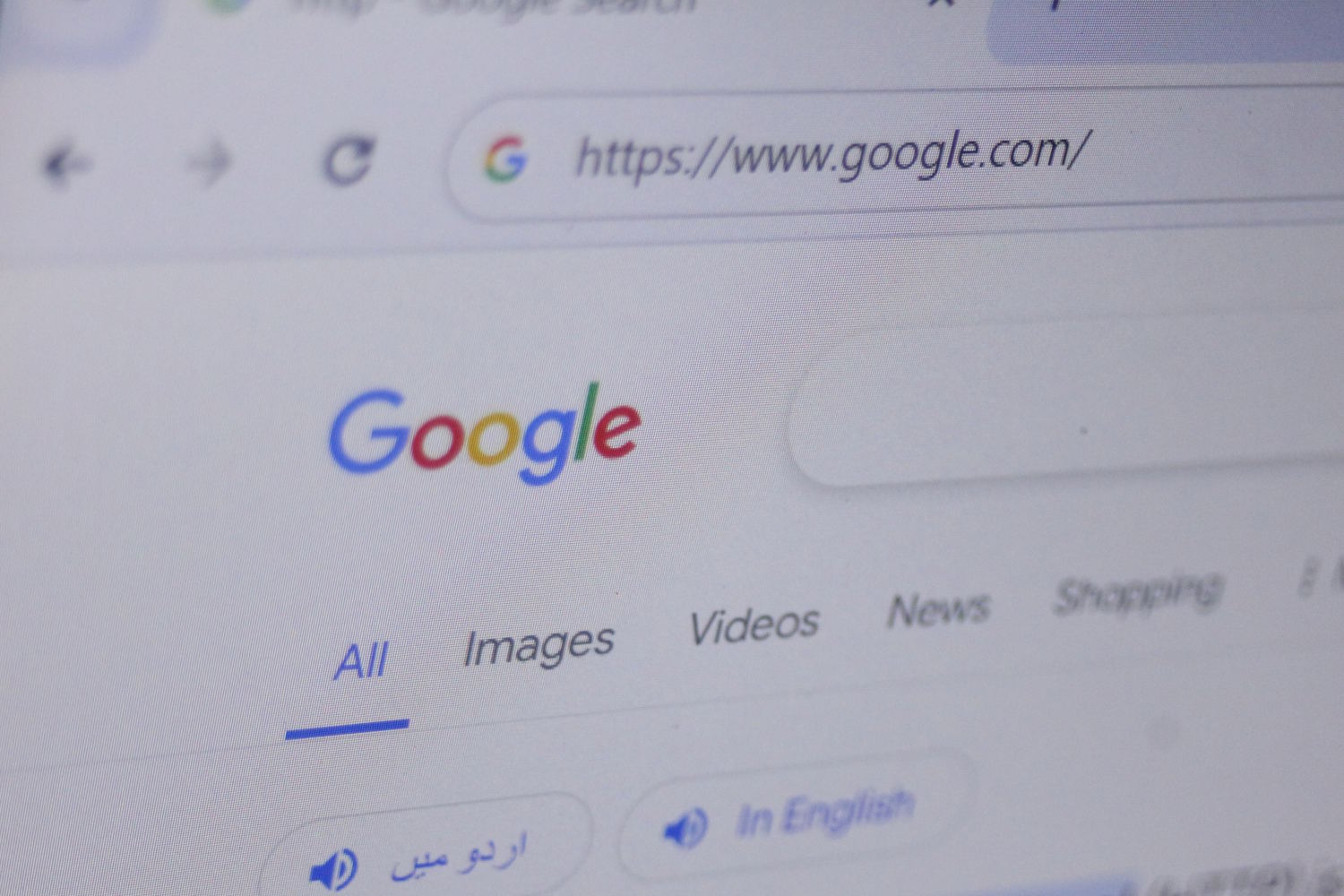
Google is changing the URL of its search engine for billions of people
Google is making a huge change to the most famous and widely used search engine in the world. And it is the global nature of Google search, and the internet in general, which is at the heart of the change.
For a very long time, Google has used different URLs for its search engine in different countries -- google.co.uk in the UK, google.es in Spain, for instance. But no more. The company has announced that different country code top-level domain names (ccTLD) are no longer needed and will not be used.
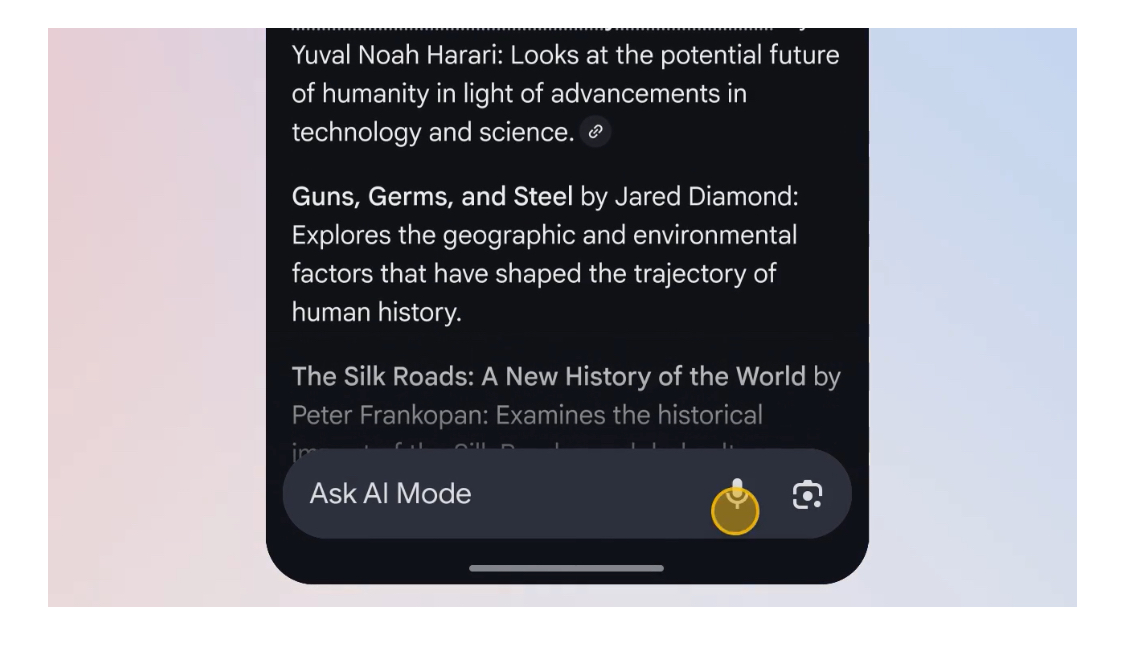
Google brings powerful visual search to AI Mode for Android and iPhone users
Google may be the current king of search, but thanks to competition from artificial intelligence services like ChatGPT and Grok, its continued dominance is becoming less guaranteed. In other words, Google can no longer rest on its laurels with search -- it must either evolve or dissolve.
In an effort to keep up with the times, Google is delivering its AI Mode feature to more users in the U.S. today. This essentially adds new capabilities that combine visual search with the Gemini AI model. Originally limited to Google One AI Premium subscribers, the feature is now available to millions through the Labs program, accessible in the Google app for both Android and iPhone.

Google launches Sec-Gemini v1 AI model to improve cybersecurity defense
Google is once again leaning into its Gemini brand, this time with a focus on cybersecurity. You see, the search giant has announced Sec-Gemini v1, an experimental new AI model. It is designed to help security professionals fight back against cyber threats using real-time data and advanced reasoning. Because AI makes everything better, right?
Look, folks, attackers only need to get lucky once, while defenders have to be right every time. That unfortunate imbalance has made cybersecurity a nightmare for many organizations. Google is hoping AI might change that, giving defenders a slight edge.
